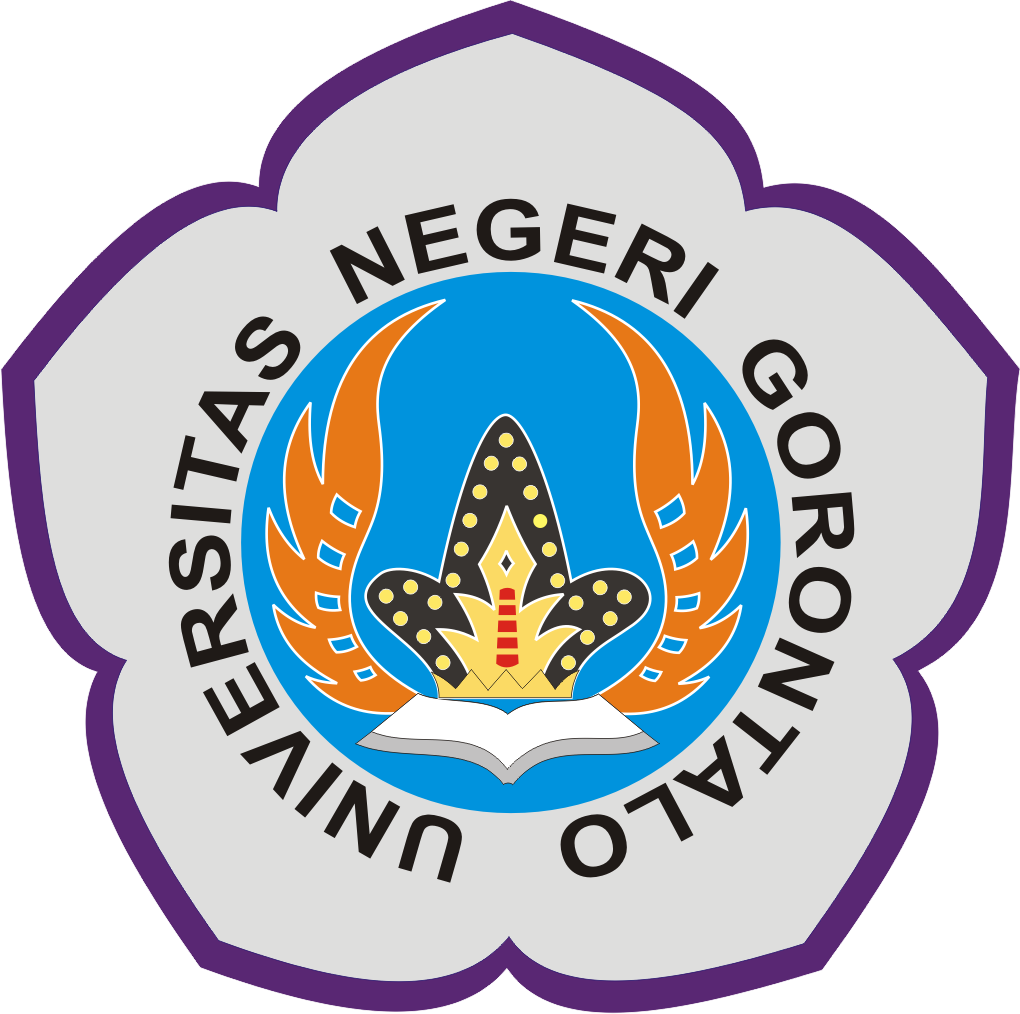The Use of Digital Illustrators in Histology Practicum Learning of Medical Students In Gorontalo: Perception Study
Abstract
Introduction: Medical students need to learn histology to understand the relation between microscopic structure and function of cells and tissues. Pictures of manual preparation made by students can be used as notes and can describe students' understanding of the observed structures. Producing good pictures in a short time is a challenge for medical students. The use of digital illustrator technology is expected to be a solution to overcoming these problems. This study aims to measure the perception of acceptance and satisfaction rate of medical students in Gorontalo towards digital illustrators in apprehend histology practicum.
Method: Cross-sectional descriptive survey with modified questionnaires from previous studies. The sampling technique used purposive sampling and involved 54 first-year students. The raw data were analyzed using Microsoft Excel. The mean value calculated for each item was compared with the theoretical mean value of 2.50 to determine whether the respondents agreed with the statement.
Results: All items have an average rating exceeding the theoretical mean of 2.50. Also, the mean of 3.91 (SD = 0.58) for all items substantially exceeds the theoretical mean. Items with the highest perceived rate of perceived utility, ease of use, intention to use, and actual use of digital illustrator teaching materials in learning practical skills will significantly increase students' motivation, interest, and acquisition of practical skills.
Conclusion: the use of digital illustrators is perceived positively by medical students in helping histology practicum learning, which is indicated by the high rate of acceptance and rate of satisfaction with its use.
Full Text:
PDFReferences
Susilowati R, Fachiroh J, Sumiwi AA. Ujian Praktikum Histologi dengan Tayangan Foto Menghasilkan Skor yang Lebih Tinggi. J Pendidik Kedokt Indones Indones J Med Educ. 2016;5(2):114-120. doi:10.22146/jpki.25322
Kemendikbud RI. UU No. 20 Tahun 2003 tentang Sistem Pendidikan Nasional [JDIH BPK RI]. Accessed September 1, 2022. https://peraturan.bpk.go.id/Home/Details/43920/uu-no-20-tahun-2003
Alavi M, Gallupe R. Using Information Technology in Learning: Case Studies in Business and Management Education Programs. Acad Manag Learn Educ. 2003;2. doi:10.5465/AMLE.2003.9901667
Donkor F. Assessment of learner acceptance and satisfaction with video-based instructional materials for teaching practical skills at a distance. Int Rev Res Open Distrib Learn. 2011;12(5):74-92. doi:10.19173/irrodl.v12i5.953
Davis FD. Perceived Usefulness, Perceived Ease of Use, and User Acceptance of Information Technology. MIS Q. 1989;13(3):319-340. doi:10.2307/249008
Gunuc S. Egitimde Teknoloji Entegrasyonunun Kuramsal Temelleri [Theoretical Foundations of Technology Integration in Education]. Ani Publishing; 2017.
DOI: https://doi.org/10.37905/jmhsj.v1i2.16198
Refbacks
- There are currently no refbacks.
Jambura Medical and Health Science Journal (JMHSJ) has been indexed by:
 |  |  |  |
| Editorial Office |
Medical Faculty Building, 1st Floor Jl. Jend. Sudirman No.6, Kota Gorontalo, Gorontalo, 96128, Indonesia.Whatsapp: +6285233215280 Email: [email protected] |
 |











